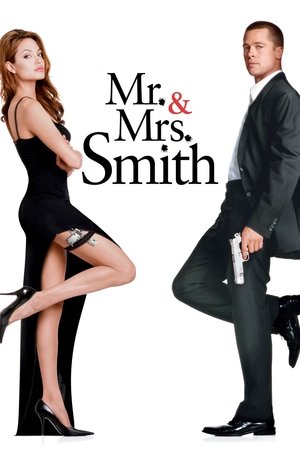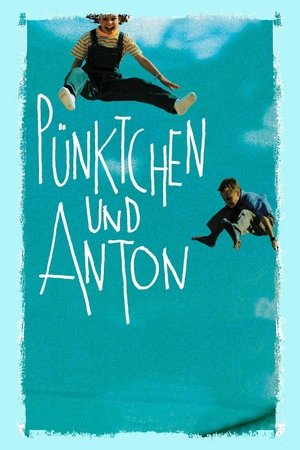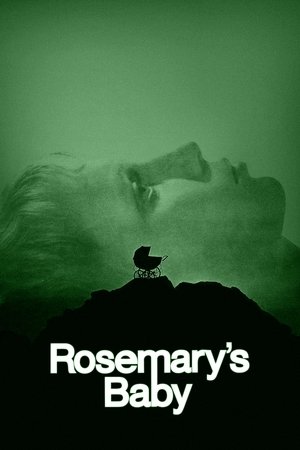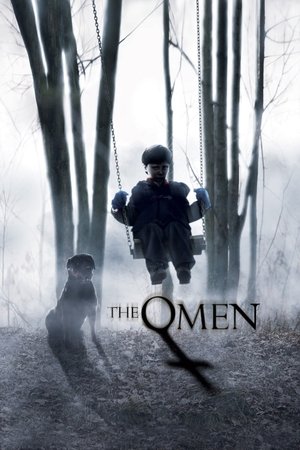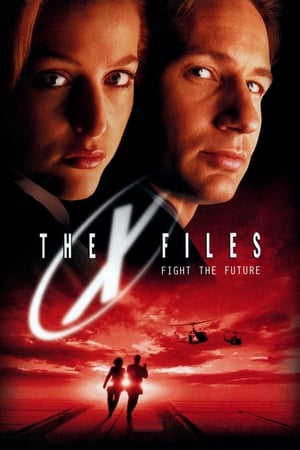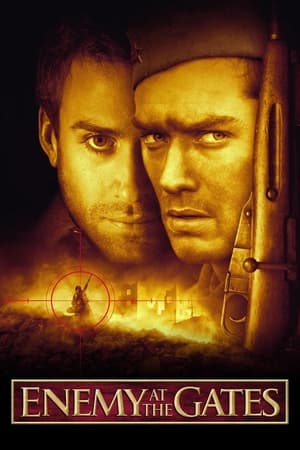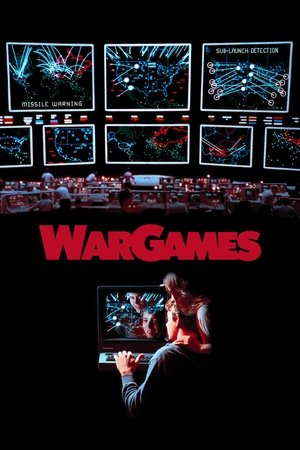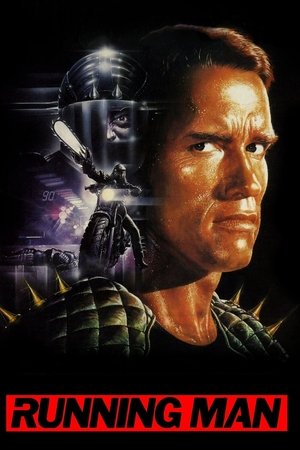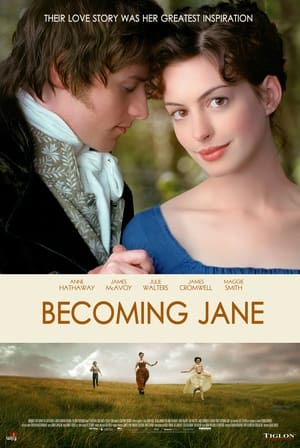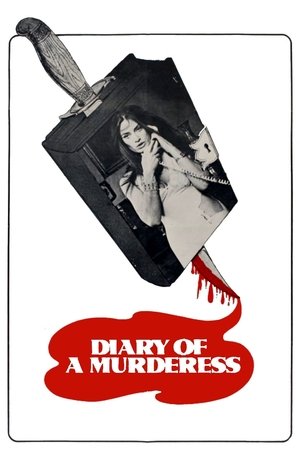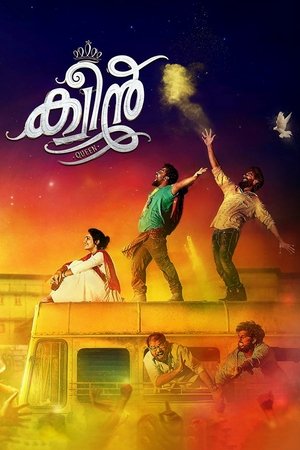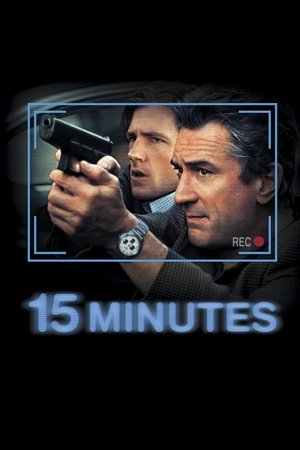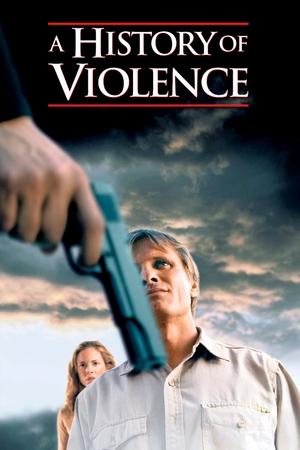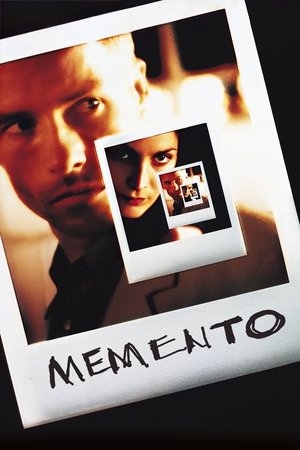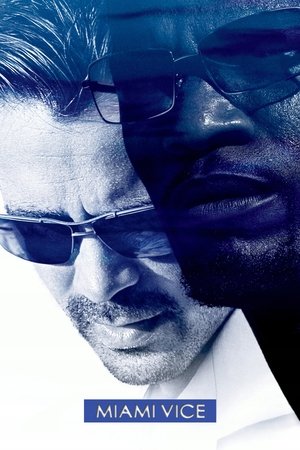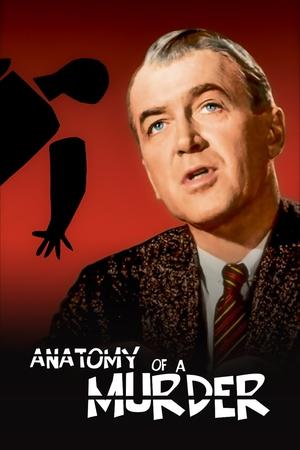Overview
Mitch McDeere is a young man with a promising future in Law. About to sit his Bar exam, he is approached by 'The Firm' and made an offer he doesn't refuse. Seduced by the money and gifts showered on him, he is totally oblivious to the more sinister side of his company. Then, two Associates are murdered. The FBI contact him, asking him for information and suddenly his life is ruined. He has a choice - work with the FBI, or stay with the Firm. Either way he will lose his life as he knows it. Mitch figures the only way out is to follow his own plan...
Reviews
When paradise turns into nightmare
RELEASED IN 1993 and directed by Sydney Pollack based on John Grisham’s novel, "The Firm” is a crime drama/thriller starring Tom Cruise as a top Harvard grad lawyer who desperately wants to leave behind his working-class origins and takes a high-paying job at a firm in Memphis. He and his wife (Jeanne Tripplehorn) are ecstatic in their affluent new world until clues mount up that the firm has a sinister side. Gene Hackman plays his mentor at the firm while Ed Harris appears as an FBI agent. Holly Hunter, Hal Holbrook, David Strathairn and Gary Busey are also on hand.
This has long been one of my favorites from this genre. You really feel for McDeere (Cruise) & his wife as their utopia morphs into an inescapable hell. In the Washington DC scene you grasp how limited their choices are as they’re caught in a crossfire between the Mob and the FBI. McDeere must use his wits, his knowledge and “golden connections” for them to get out unscathed, if possible.
I always favored the piano score by Dave Grusin, which some have described as “bouncy.” While you could call it that, it has different tones depending on the sequence. For instance, during the closing city chase it’s driving and portentous. There’s also a melancholic component when suitable. The positive side of the piano score is that it makes the film timeless. Consider quality movies from that general era which were horribly dated by conventional scores, like “No Way Out” (1987).
THE FILM RUNS 2 hour, 34 minutes and was shot in Memphis, Tennessee; West Memphis, Arkansas; Cayman Islands; Washington DC; Cambridge and Boston, Massachusetts.
GRADE: A/A-
**An excellent film, full of tension and suspense.**
In my country there is a popular adage that probably also has an equivalent in other countries and that says “there is no beauty without a flaw”, that is, if something is too good, it must be wrong. And despite the excellent education and academic evaluations, the lawyer of this film seems not to know this simple truth.
Based on a novel by John Grisham, the script follows Mitch, a young lawyer who has just been hired by a large and important law firm in Memphis, Tennessee. The job is irresistible: a high salary, several perks, a car and paid trips, everything a young yuppie and his wife could want. What he doesn't know is that his new bosses are heavily financed by mafia groups to whom they provide protection and legal advice, and that lawyers who seek to leave the firm end up mysteriously dying. When he finds out, he will have to decide what to do: either maintain his loyalty to the firm or collaborate with the FBI and frame his colleagues.
The film has an excellent suspense that works wonderfully, and keeps us hooked until the end. The direction, in charge of the excellent Sydney Pollak, is really good and there is a certain similarity between this film and “Eyes Wide Shut”, another intense suspense film in which Cruise and Pollak work together again. And I have no doubt that Alfred Hitchcock's masterwork also had its influence on the way Pollak conceived his film. The script has many twists and turns and may demand some attention from the audience, but I guarantee that this will not be a problem if the spectator allows himself to be involved and absorbed by the suspense and tension that are gradually imposed.
I'm not a fan of Cruise, but I recognize that he is a solid and sympathetic protagonist, making the character someone for whom we can have a certain empathy, oscillating between naivety and wit. There are a good handful of well done action scenes that the actor was more than cut out for. Gene Hackman, in turn, gives life to a mature, bohemian lawyer who seems to be more interested in traveling and swimming in the Caribbean than in working with his clients. However, he was also a sympathetic presence, and I really hoped that his character would get away with it somehow. Jeanne Tripplehorn doesn't seem to have much to do, and I thought, at first, that she would just be the protagonist's shy and fragile wife. However, the script gives us a twist that refocuses the character and gives her a much more active and intervening role than we could guess in the first half-hour length. One can also mention the good performances of Ed Harris, Steven Hill and Wilford Brimley, in roles that are tougher and closer to an action movie. Holly Hunter also appears here, but in such a minimal character that it seems inconceivable to me that she was nominated for an Oscar for Best Supporting Actress.
Technically, the film has many qualities that we can point out: the cinematography is good and gives us an elegant look and good colors, so that the film does not look as old and dull as other films of the same year. The settings are excellent, in particular the offices and the paradise hotel in the Cayman Islands, where some beautiful and very colorful underwater scenes were filmed. The film passes through Memphis, Washington and other places, always with a careful eye on the choice of filming locations and the best framing. We don't have a show of visual and special effects, but the little that is done works very well. What definitely deserves a mention is the excellent soundtrack, based massively on the piano, and which is really effective in the task of accentuating the environment, deepening the suspense and gradually making things more exciting.

 154 min
154 min
 6.7
6.7
 1993
1993
 USA
USA
 Wuchak wrote:
Wuchak wrote: